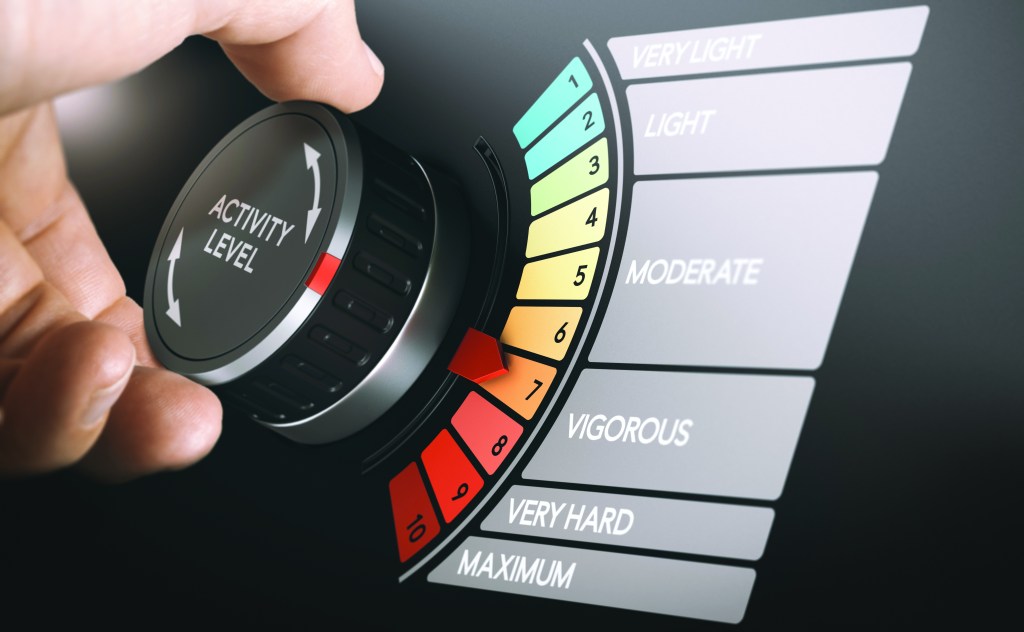Being a man in your forties or later is said to be like being in sniper’s alley. This no-nonsense guide tells you everything you need to know to improve health following doctors’ orders
A health scare can be a terrifying and isolating experience. The body ceases to work as it once did and that youthful, invincible feeling may be replaced with a sense of our own mortality and vulnerability.
Major events such as surgery, chemotherapy or a heart condition can leave us wondering if we will ever see a return to fitness. Even relatively minor health scares, such a tumour or lump that proves to be benign or a long bout of flu or covid can be unsettling. These set our fitness back and the couch may seem a far more appealing option than a 5k run.
But there is good news: with good nutrition and a slow but steady training regime, and if necessary, proper advice from a health care professional, your fitness will return. Those who have never trained before may surprise themselves by achieving more than they thought possible, even surpassing their pre-illness capabilities.
Over time, it is possible to regain confidence in your body’s abilities after a health scare, rebuild your strength and improve your mental health and your relationships with those around you.
1 Getting doctor’s advice
With most major health conditions, you will likely have been assigned a specialist. It is important that you discuss your fitness goals with them asking relevant questions such any strain on joints organs, or any specialist diet you might need to follow.
It is also important to keep an eye on how your exercise is affecting your immediate health. You may have regular check-ups as an outpatient, but if not, try to book some in with your GP.
Health care professionals can track your progress, modifying your exercise regime if necessary. In some cases, such as those with joint issues like arthritis or tendonitis, or for those with heart conditions, you might want to also ask about physiotherapy, to see what is possible.
Sports watches, blood pressure monitors and if relevant home urine or blood tests can all come in handy to spot any warning signs. These can be a useful reminder to dial it back a bit, slowly building to the same intensity when your body is ready.
Those over 40 may be asked to give regular blood pressure results, it’s important to keep up with these to spot any early warning signs of heart conditions.
2 Proper nutrition and hydration
Advice given to those with critical health conditions or post-surgery can be vastly different to general nutritional advice for those wishing to improve their health. The average healthy man needs a bass line of around 2500kcal a day just to function and support their current weight.
Now consider the extra energy needed to build muscle, heal wounds, or repair scar-tissue from surgery. The BDA or association of UK Dieticians suggest a high energy, high protein diet to allow the body to “recover, repair and regain strength.”
For those the other side of this critical care, it is important to ensure the body continues to receive the right amount of nutrients and calories. Overnutrition and undernutrition can both be harmful so think about a weekly weigh to monitor what’s going on.
A switch to the Mediterranean diet which benefits not only those with cancer or heart conditions but the general population as well. For many this will be a repeat of what you no doubt have heard before, cut back on processed food and refined carbohydrates, such as white bread, cakes and biscuits and go for a diet containing plenty of fresh fruit and vegetables, wholegrains, lean meat or tofu and fish (around twice a week).

3 Start slowly
Don’t be tempted to throw yourself into a high intensity, demanding workout regime with little time to recuperate. This can do more harm than good, and you may find yourself in a worse situation than before you began.
Getting back into shape following a major health scare takes time. You’ll be changing behaviour patterns as well as physical ones and the mind has a nasty habit of finding all sorts of ways to resist this.
A slow but importantly, steadily progressive, start will ensure a behaviour change sticks. During this process it is important to not ignore any alarming symptoms and not see these as a sign of weakness.
It’s also important not to judge yourself against those far younger, without any health problems. Be willing to accept the pace you have been asked to work at, trust the judgement of a professional, see it as a marathon and not a sprint.
4 Strength training
Sometimes called resistance training, strength training can be a valuable tool to help after a health scare. It has been shown to reduce feelings of depression, increase bone density and manage weight by preventing the conversion of muscle mass into body fat. This is something which can happen at any age but increases as we age.
Strength training doesn’t have to revolve around weights; it can begin with no equipment at all. Own bodyweight exercises including squats, push-ups, planks, and lunges can be a fantastic way to start. You may find classes at your local gym or simply start with YouTube fitness videos.
Once you have a good baseline then it might be a good idea to fork out for that gym membership or invest in a set of weights. Eventually you’ll be able to take on a more comprehensive full body workout but again, don’t be tempted to rush into things, your body will tell you when you are ready.

5 Manage stress and anxiety
Any health scare will bring a certain amount of stress and anxiety. You may have lost out on work or had relationship or childcare problems as a result of ill health. Compounding this can be the daily stresses we all suffer from. Understand and appreciate your limitations and go easy on yourself, don’t use getting into shape as another tool to beat yourself up with.
Whilst it is normal to be unsettled by a major health event, such as heart attack, if feelings such as helplessness, anxiety or uncharacteristic anger persist for more than 2 to 4 weeks it may be time to seek professional help. This can take the form of therapy, or you may find there are support groups available in your area for the condition you are recovering from.
The mental health charity Mind suggest that increasing the amount, you exercise and having a proper balanced diet will help alleviate some of the symptoms of stress and anxiety. They also suggest taking time out to do simple things such as reading, watching a good film, or playing with a pet.
These simple moments out of your day to indulge in something you love are as important as practices such as breathing exercises, meditation, or yoga. Even listening to some calming music in the car can bring down your heart rate and reduce feelings of stress.
Most importantly, learn to take time out of your day to do something calming, go for a walk, a run or just phone a friend.






